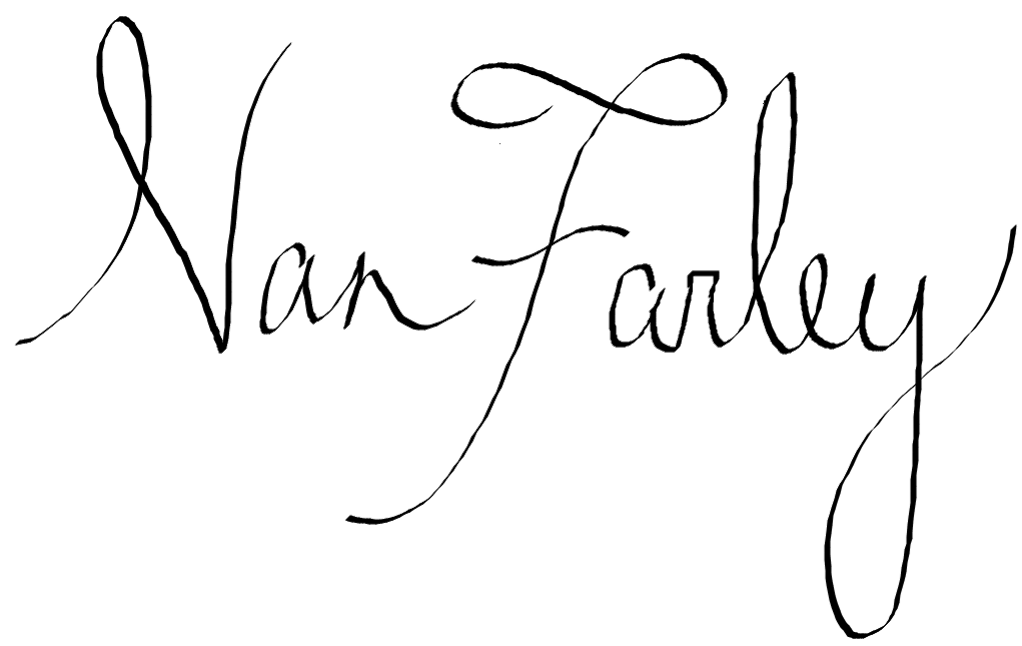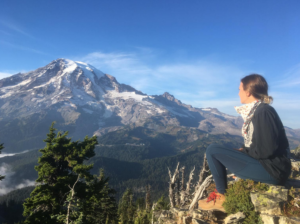I started this post a year and a half ago, but today felt important to finish it since the news read: “Trump administration to roll back 2015 waterway pollution regulations” So this blog post is a tad cathartic for this devastating news and hopefully gives you tools to address this issue with me.
Hey question: Is water a human right?
Do we all deserve clean drinking water? Do we all deserve enough water to drink, bathe, and grow our own food?
If you think yes, then there’s a few things you should educate yourself on:
- Our farming practices – which industries take a disproportional amount of water (beef and almonds) I too am struggling with cutting out almonds
- Watershed and damming – dams are HIGHLY political. Cutting off natural waterways to siphon the water to other locations is NOT a good thing for natural ecosystems or those who would naturally get the water (likely YOU and your community)
- Environmental protection standards – Even though the EPA is rolling back on some laws, California may potentially pass laws that keep the previous national regulations in place in our state. I’m proud to be working on this at my job with 350 Bay Area. Subscribe to our newsletter here to get petitions like this sent to your inbox.
- The P word (P******) – the sooner we get over the fairy tale that scientists are going to find a solution to all of our plastic use, the faster we can fight this issue. The first step: TURN OFF THE TAP. We need to literally stop making it. Which is a two-step process: first stop using it. Then, support legislation that regulates it. Why? It’s expected in just a few decades there will be more plastic in the ocean than fish. Microplastics have even been found in 90% of all table salt – NatGeo. We also know that plastic affects our hormones and brain functioning. BPA-FREE DOESN’T MEAN SHIT. That is just one chemical in the MANY that has actually been tested and regulated in plastics. There are tons of new ones popping up all of the time that we haven’t fully investigated (and even harder – regulated).
The Hoax
The biggest hoax ever is bottled water. It is simultaneously ruining water and commodifying a free resource – or as I believe, a human right.
But unlike plastic straws, I don’t want to point the finger at just one little thing. There is so much to be done (starting with the four points above) and much much more.
In my opinion, there is a fundamental issue with how we value our resources. Watercoin, the cryptocurrency for water, is one example of how we could rethink our value-system and value water in a free market better.
Day Zero
April 16th, 2018 Johannesburg ran out of water. If you think their inalienable rights were violated that day, want justice, and don’t want this to be you, let’s do something. I know it seems so far away, and water is so global and unattainable (you literally can’t hold it), but there is plenty we can do locally.
What to do TODAY
Learning more about the topics mentioned above are a great start. But if you’re looking for a quick fix, here are some easy things you can do TODAY:
- Stop eating beef (A 1/3-pound burger requires 660 gallons of water) – For perspective, one person drinks about 180 gallons per year, so that is enough water for 3.5 people to drink for an entire year in just 1 burger
- Stop buying cotton products (One cotton t-shirt takes 713 gallons of water to make) Watch this short video about cotton by BBC
- Subscribe to environmental legislation updates
- Be Zero Waste – avoid plastic like the plague, don’t make trash (but veganism is more impactful than recycling tbh)
- Queue up the documentary Water & Power on Netflix
- Don’t buy Wonderful brand nuts
- Do something extra – my list is clearly not exhaustive. For example, Dasun is volunteering to research and code a watershed project that maps water distribution in CA. He found this cool opportunity on Volunteermatch.org – a great site to find roles that utilize your skills.
-Nanimal

